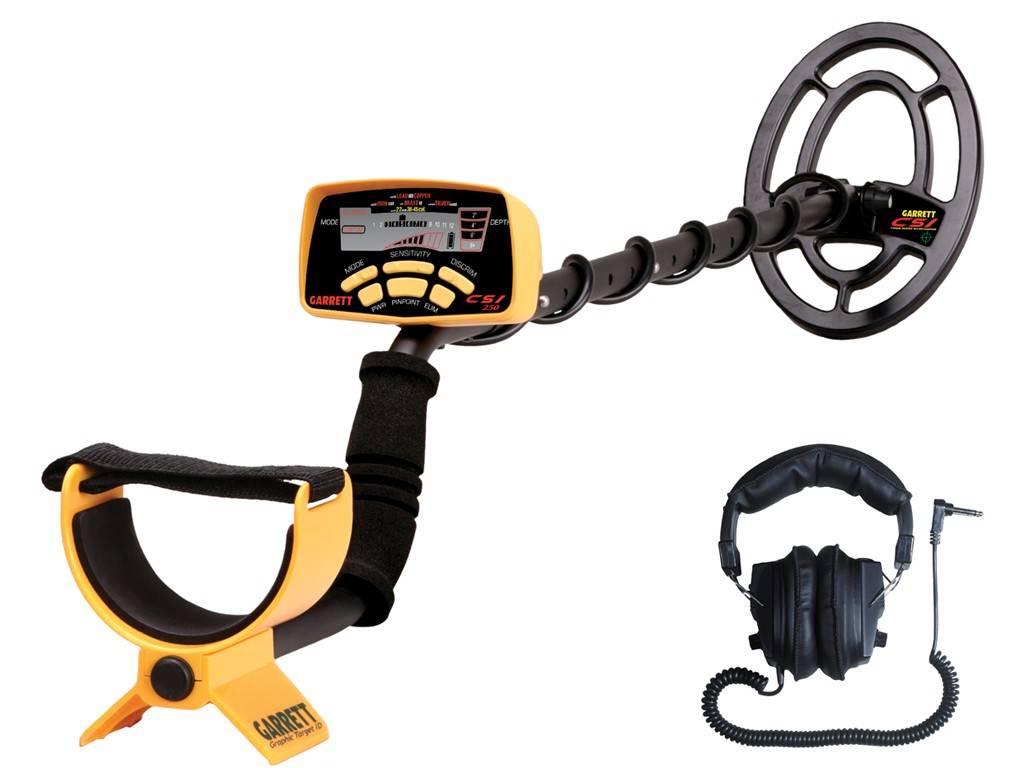Metal detecting is a popular hobby that combines the thrill of “Best Metal Detector” discovery with the allure of the outdoors. Whether you’re a beginner looking to explore the beaches or a seasoned treasure hunter seeking valuable relics, choosing the right metal detector is crucial to your success. In this comprehensive guide, we’ll walk you through everything you need to know to select the best metal detector for your needs.
Understanding Metal Detectors
Before diving into the specifics of different metal detectors, it’s essential to understand how they work. Metal detectors operate by emitting an electromagnetic field from the search coil into the ground. When this field encounters a metallic object, it generates a signal that is sent back to the detector, alerting you to the presence of metal.
Types of Metal Detectors
- Very Low Frequency (VLF) Detectors: These are the most common type of metal detectors, ideal for general-purpose detecting. VLF detectors are known for their sensitivity to small objects and are often used by beginners.
- Pulse Induction (PI) Detectors: PI detectors are perfect for searching in highly mineralized areas, such as saltwater beaches. They are less affected by ground mineralization but may not be as sensitive to small objects as VLF detectors.
- Multi-Frequency Detectors: These detectors can operate on multiple frequencies simultaneously, making them versatile for various environments. They are often favored by experienced treasure hunters for their ability to handle different terrains.
Key Features to Consider
When choosing a metal detector, several key features should be considered to ensure you select a model that suits your needs and preferences.
1. Detection Depth
The depth at which a metal detector can detect an object is a crucial factor. Detection depth is influenced by the size and material of the object, soil mineralization, and the frequency of the detector. Generally, higher frequencies are better for detecting small objects close to the surface, while lower frequencies can detect larger objects buried deeper.
2. Discrimination
Discrimination is the ability of a metal detector to differentiate between different types of metals. This feature is essential if you want to avoid digging up trash such as bottle caps or aluminum foil. Advanced models allow you to fine-tune discrimination settings, making it easier to focus on valuable finds.
3. Ground Balance
Ground balance is a feature that reduces the interference caused by naturally occurring minerals in the soil. Some detectors offer automatic ground balancing, while others allow for manual adjustments. For areas with high mineral content, a detector with good ground balance is essential to avoid false signals.
4. Sensitivity
Sensitivity refers to the detector’s ability to pick up small or deep objects. Higher sensitivity can increase your chances of finding small items, but it can also lead to more false signals from mineralized soil or trash. Adjustable sensitivity settings are beneficial, allowing you to fine-tune the detector based on the environment.
5. Coil Size and Type
The size and type of the search coil can significantly impact your detecting experience. Larger coils cover more ground and can detect objects at greater depths, but they may be less sensitive to smaller items. Conversely, smaller coils are better for detecting tiny objects and are ideal for searching in trashy areas. Additionally, the shape of the coil (concentric or double-D) affects the detection field and depth.
6. Weight and Ergonomics
Metal detecting can be a physically demanding activity, especially during long sessions. The weight and ergonomics of the detector are important factors to consider. Look for a detector with an adjustable shaft and a comfortable grip to reduce fatigue. Lightweight models are easier to handle, particularly for beginners or those with limited strength.
7. Waterproofing
If you plan to search near water bodies, a waterproof detector or coil is essential. Some detectors are fully submersible, allowing you to hunt in shallow water or even underwater. Others may only have a waterproof coil, which is sufficient for beach detecting.
8. Battery Life
Battery life is another critical factor, especially if you plan to spend long hours detecting. Most metal detectors use standard batteries, but some models have rechargeable options. Consider the battery life and the availability of spare batteries to ensure your detector doesn’t run out of power during a hunt.
Best Metal Detectors for Different Needs
With so many options on the market, it can be challenging to choose the best metal detector. Here are some top recommendations based on different detecting needs:
1. Best for Beginners: Garrett ACE 300
The Garrett ACE 300 is an excellent choice for beginners. It offers a user-friendly interface, adjustable sensitivity, and a digital target ID that helps identify targets before digging. It’s lightweight and has a respectable detection depth, making it ideal for those new to the hobby.
2. Best for Gold Prospecting: Fisher Gold Bug Pro
The Fisher Gold Bug Pro is designed specifically for gold prospecting. It features high sensitivity to small gold nuggets and excellent ground balance capabilities to handle mineralized soil. Its lightweight design and ergonomic build make it comfortable for extended use.
3. Best for Beach Detecting: Minelab Excalibur II
The Minelab Excalibur II is a top choice for beach and underwater detecting. Its multi-frequency technology ensures reliable performance in saltwater environments, and its fully submersible design allows for underwater exploration. The Excalibur II is known for its durability and ability to detect valuable items in challenging conditions.
4. Best All-Terrain: Nokta Makro Simplex+
The Nokta Makro Simplex+ is a versatile detector suitable for various terrains. It offers multiple frequency options, excellent ground balance, and is fully waterproof. The Simplex+ is also affordable, making it a great option for both beginners and experienced detectorists.
FAQs About Metal Detectors
1. What is the best metal detector for beginners?
For beginners, the Garrett ACE 300 is highly recommended due to its ease of use, reliable performance, and affordability. It’s a great entry-level detector that offers all the essential features without overwhelming new users.
2. Can metal detectors detect gold?
Yes, metal detectors can detect gold, but the effectiveness depends on the detector’s sensitivity and the size of the gold. Detectors like the Fisher Gold Bug Pro are specifically designed for gold prospecting and are highly effective in detecting small gold nuggets.
3. How deep can a metal detector detect?
The detection depth of a metal detector varies based on several factors, including the size of the object, soil conditions, and the frequency of the detector. Generally, most detectors can detect objects up to 6-10 inches deep, while specialized detectors can reach greater depths.
4. Is it legal to use a metal detector anywhere?
No, metal detecting is subject to regulations, and it’s important to check local laws before detecting on public or private property. Some areas, such as national parks, are off-limits to metal detecting, while others may require permits.
5. How do I maintain my metal detector?
Maintaining your metal detector involves regular cleaning, especially after use in sandy or wet environments. Ensure the coil is free from debris, check for any loose connections, and store the detector in a cool, dry place. Rechargeable batteries should be charged as per the manufacturer’s instructions.
6. Can I use a metal detector in water?
Yes, you can use a metal detector in water if it is waterproof or has a waterproof coil. Fully submersible detectors are suitable for underwater use, while those with only waterproof coils are ideal for shallow water or beach detecting.
Conclusion
Choosing the best metal detector depends on your specific needs, budget, and experience level. Whether you’re a beginner or an experienced detectorist, understanding the different types of detectors and their key features will help you make an informed decision. Remember to consider the environment you plan to detect in, the type of treasures you’re searching for, and the comfort of the device. With the right metal detector in hand, you’re well on your way to uncovering hidden treasures and enjoying the thrill of the hunt.











